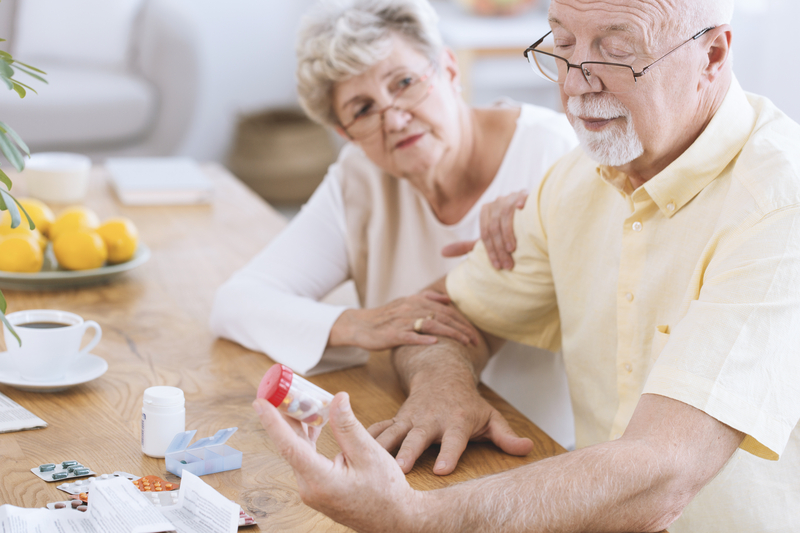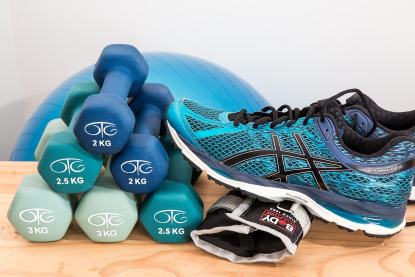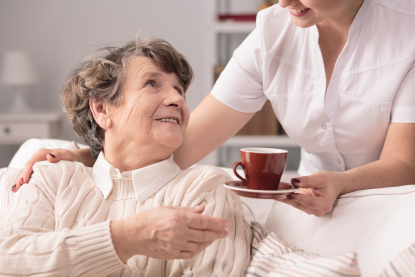Even before the COVID-19 pandemic, over 80% of 8,000 unpaid carers lacked the time to take part in their chosen type of physical activity due to their caring duties. The COVID-19 outbreak and the following period of self-isolation made it much harder for carers to get any respite. This is particularly true in relation to carers who are struggling to manage increasingly challenging behaviours of those for whom they care (often including complex mental health needs) and who have less access to normal coping mechanisms both within and outside the home. (see more in OpenLearn Article: The effects of self-isolation and lack of physical activity on carers) .
Caring is reported in the literature as socially isolating for young carers, adult carers and older adult carers. (see more in OpenLearn Article: Supporting adult carers during COVID19 pandemic). Increased demand on coping leaves even less time for physical activity, and this has been highlighted on a BBC1 broadcast on 4th May 2020. Carers, who due to their caring duties, were at increased risk of social isolation before the COVID-19 pandemic, find themselves further isolated during the pandemic and as a result, could face further barriers to participation in exercise or different types of physical activity (PA).
By understanding more about the limited opportunity to participate in PA and subsequent implications of the COVID-19 pandemic across the different ages of carers (as their needs differ), appropriate guidance can be offered on developing future PA interventions. Based on four systematic literature reviews, we are aware of the overall lack of research related to carers and their relationship with physical activity. We have not identified any research study findings around carers and their relationship with physical activity during the COVID-19 pandemic and we are not aware of any research currently being carried out in this field using journey mapping methodology. For all these reasons our proposed study is novel.
We aim to:
‘Understand what the experiences of informal young, adult and older adult carers are with respect to prevalence of physical activity and their relationship with physical activity during the coronavirus pandemic and beyond.‘
Our objectives are:
1.To develop a conceptual map of carer experience via journey map/timeline and interviews to enhance our understanding of the carers’ experience with PA.
2.To add to the evidence base via the synthesis of primary and secondary data (the proposed study and the systematic reviews that are underway).
To achieve these objectives each carer will take part in an initial interview to establish the context of caring and understand the carer in their role prior to the COVID lockdown. The carers will then be tasked with completing a journey map/timeline highlighting critical moments identified during the lockdown period. A second interview will then be completed to examine the carer’s experiences of the COVID lockdown period. This way we would like to generate rich data that will enable us to understand what the experiences and relationship of informal young, adult and older adult carers with physical activity are during the COVID19 pandemic and beyond. We would like to analyse the data by highlighting common themes together with creating a visual story of our participants’ journey.
By attaining a better understanding of the relationship between young, adult and older adult carers and PA, during COVID19 pandemic and during lockdown, we would like to see the direction in which we can focus on creating appropriate PA interventions for all groups of carers, taking into account possible lack of time and caring duties they experience.
Authors: Jitka Vseteckova, Nichola Kentzer, Jo Horne, Martin Penson, Martin Robb, Mary Larkin, Alex Berry, Melinda Spencer, Abigail Methley, Phil Taverner



Rate and Review
Rate this article
Review this article
Log into OpenLearn to leave reviews and join in the conversation.
Article reviews